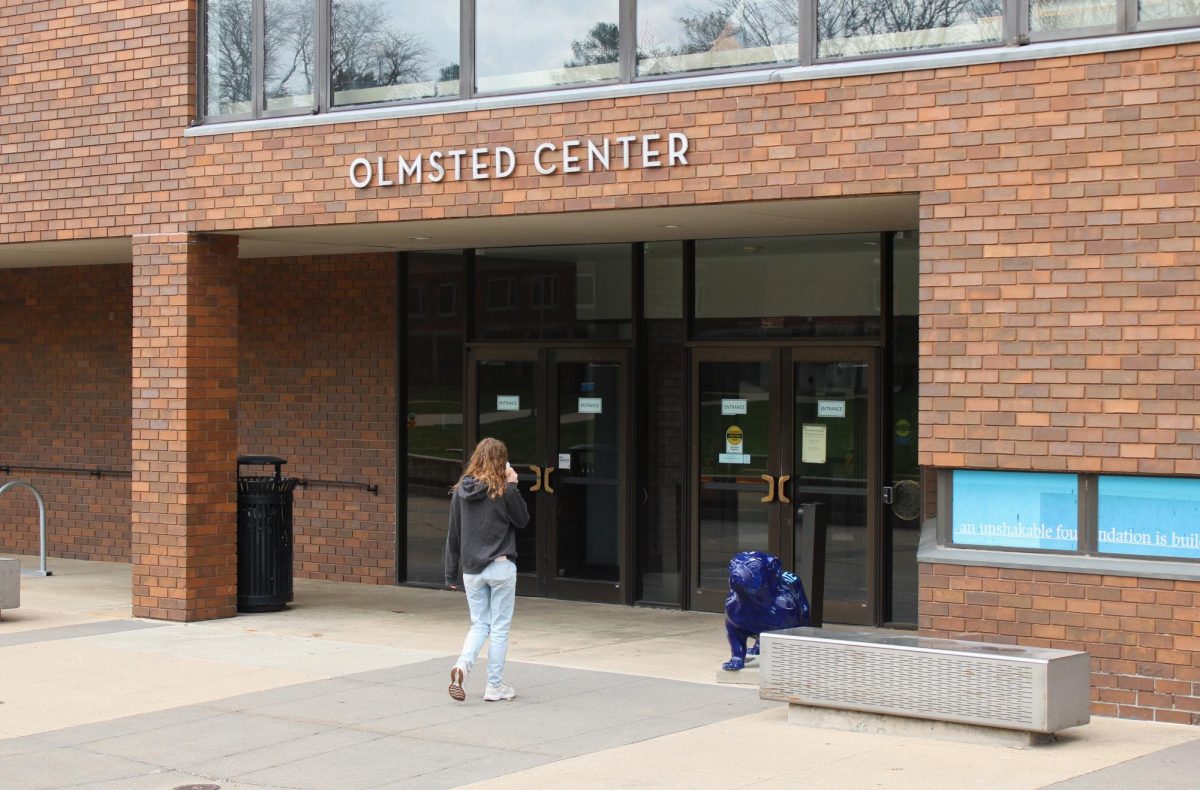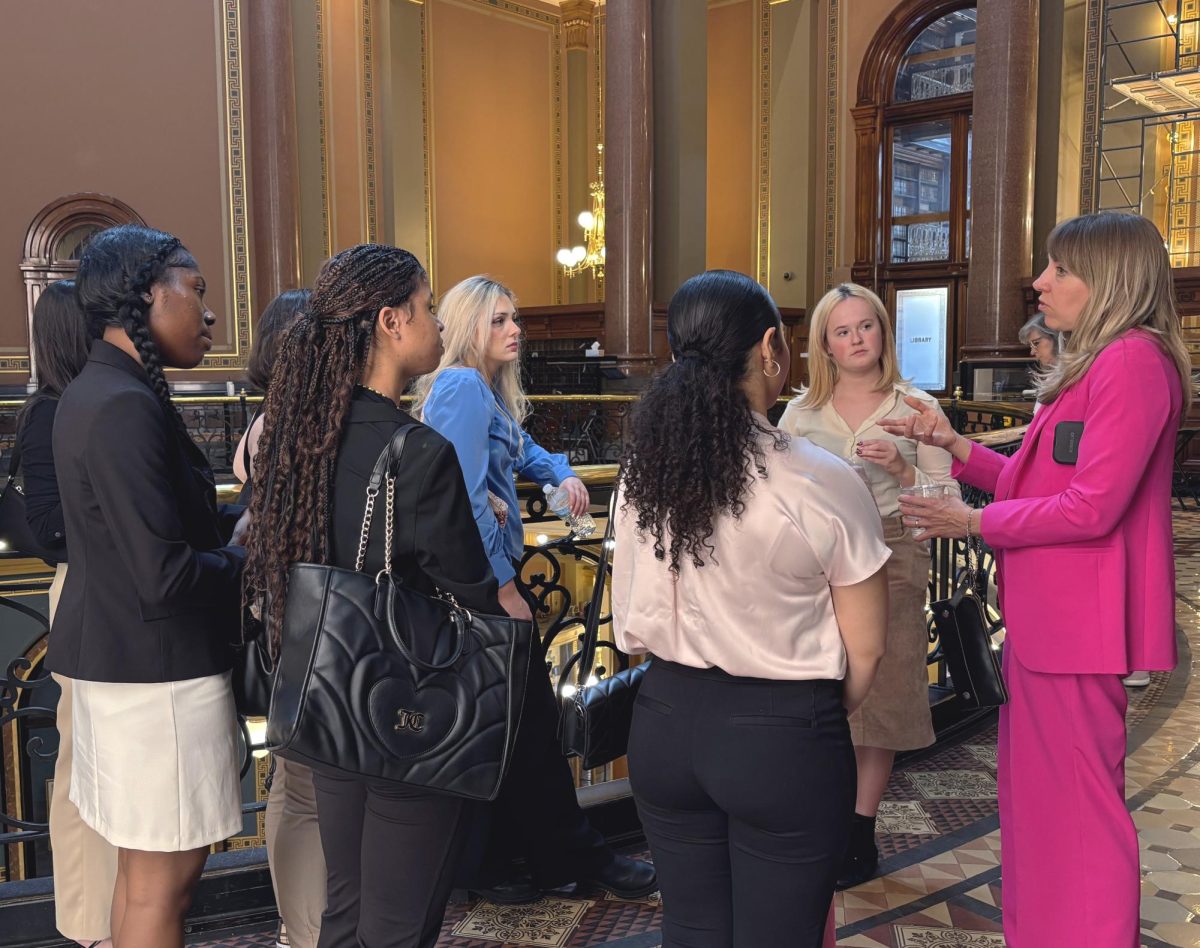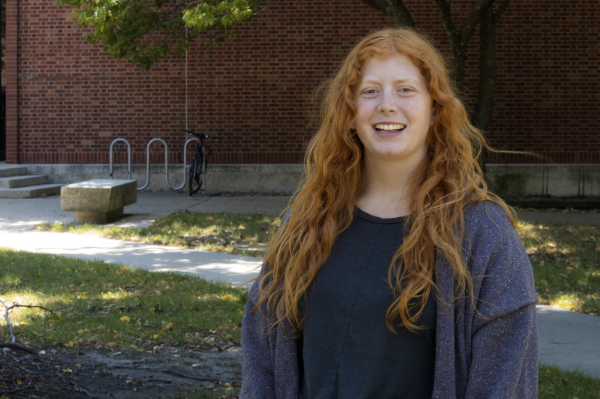Drake University is not contained within four walls. Its online master’s programs allow students to study from anywhere in the world. In March, Drake brought its recruitment methods for this online program back to Des Moines, utilizing in-house marketing strategies instead of those previously offered by Wiley Education Services. Drake Online Programs will now handle recruiting and advising students for the online programs.
“It will be better for online students,” Provost Sue Mattison said. “The company is for profit, and not part of Drake, so they’re not as knowledgeable about Drake or understanding about the culture or the reputation.”
Drake had previously contracted Wiley Education Services, an online learning company, for recruitment to its master’s program. Drake currently has eight online master’s programs all of which are taught by Drake faculty. Wiley managed the landing page for these, advertised the program to students and reached out to each prospective student to convince them to enroll. Drake always had some creative control over what Wiley did, as they coordinated with Wiley for the work.
While Drake paid Wiley for the recruitment work, Wiley also took 30% of the tuition from each student. Ryan Stoldt, who directs the Master of Arts in Communications program, said that Drake was losing a significant amount of money in profit because of this.
“Drake decided it’s a cost-saving measure just due to both the cost of the contract itself as well as losing a significant portion of the tuition the students were paying,” Stoldt said.
Stoldt also worked with Drake Online Programs to redesign their new website for months prior to its March debut. Along with staff members who work in Drake Online Programs, prepared the backend of recruitment to make sure that once the contract with Wiley expired in March, Drake was prepared to take on the responsibilities. Stoldt looks forward to expanding the program’s social media presence for marketing to more students.
According to Stoldt, the average professor in these programs will likely not need to do more marketing work as a result of these changes as most of that work will be completed by Drake Online Programs department. Drake does intend to utilize these changes to make interactions with online students more personalized.
“When Wiley would take care of everything, they would have their representatives reach out,” Stoldt said. “We weren’t necessarily getting in touch with people in the program immediately.”
Students entering a program will now receive automatic emails from the director of the program. Stoldt’s email signature includes ways for students to reach out to him for further interaction.
“We’re seeing more opportunities to interact with students before they actually enroll, which gives us a better chance of actually selling them on the program as well,” Stoldt said.
In the master’s of communications program, professors use these conversations to help prospective students figure out which of the master’s program’s three tracks — brand communication, communication leadership or public affairs and advocacy — best suit a student. Stoldt said that conversations like these help alleviate the impersonal feelings that online programs can have.
“Whether it’s via email or whether it’s in person on Zoom, [communication] gives us a little bit of a better chance to actually explain what the process is going to be like for people,” Stoldt said.
Lily Wasserman contributed to writing.














